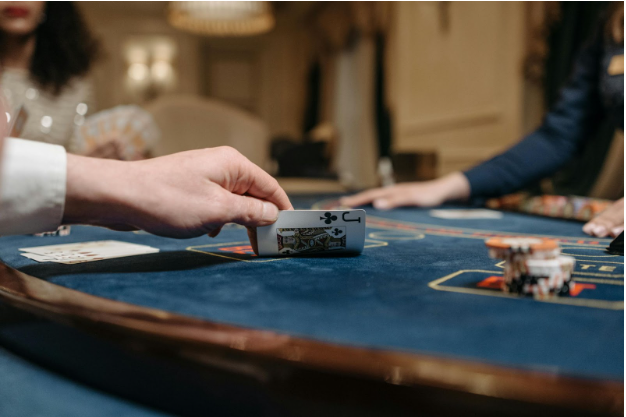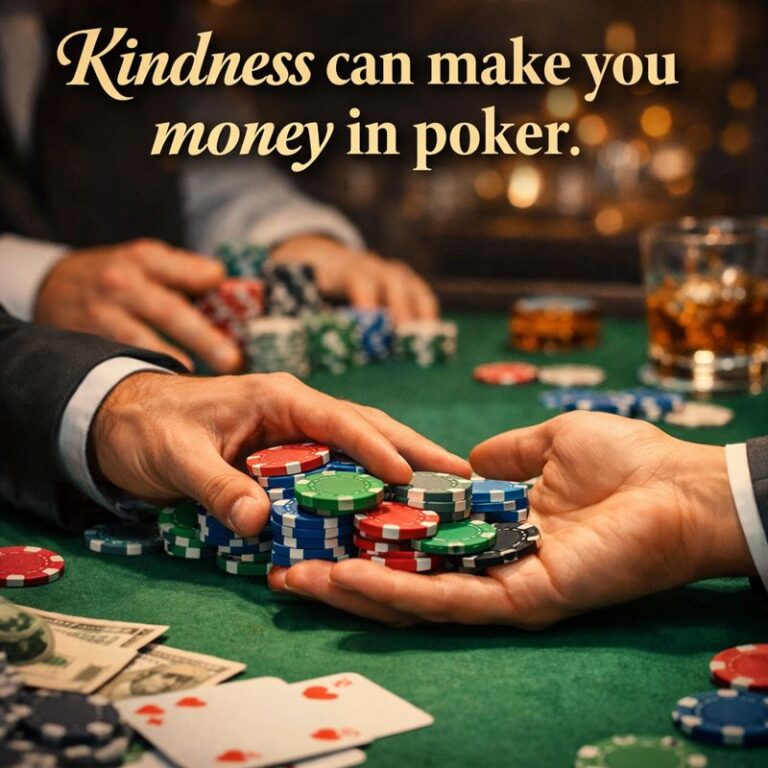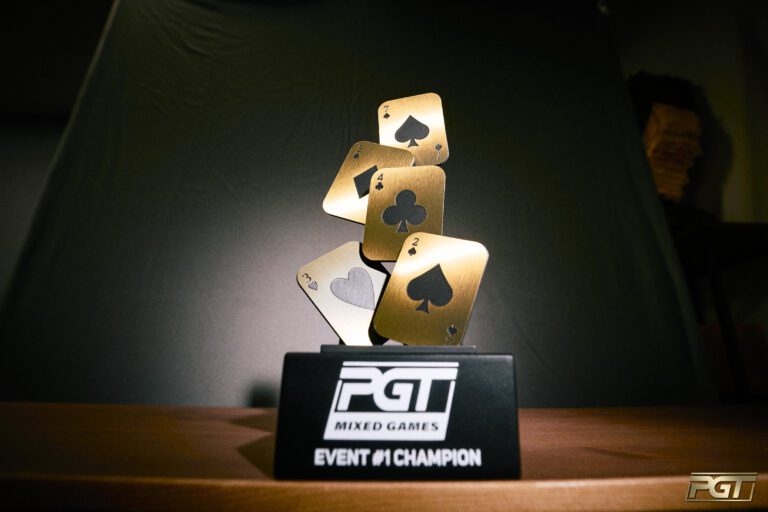The majority of poker players will recall when they first deposited twenty dollars into an online account. It is not much. It is only sufficient to play at a couple of low stakes. But where the real learning begins. These games are small as they appear, but there are lessons in them that are more valuable than costly classes. The trick is in the way you make use of them. Use them as training fields rather than lotto tickets, and that 20 dollars may pay off in experience that will grow all the way up.

Why Small Deposits Matter
Playing poker with low stakes also provides an invaluable option that money cannot purchase, and that is the liberty to do wrong. With the pressure of big losses removed, players will begin to realize patterns rather than panic over pots. It is the ideal solution to test the ideas and monitor the outcomes.
A lot of players begin by exploring pokerscout.com’s minimum deposit casino picks. These platforms are designed for quick entry and controlled bankroll management, allowing anyone to practice real strategies without draining their wallet. With small deposits, every hand becomes an opportunity to experiment, how often to raise, when to fold marginal hands, or how to apply pressure when the table feels soft.
The idea is not to become a winner on a 20-dollar bet. It’s to sharpen instincts. Those small games reveal the mind secrets that separate random luck from structured thinking. The correct strategies of aggression, traps, and positional play can help you think like a player with higher stakes years before you’re there.
Playing Poker Aggressively (the Right Way)
When carried out properly, aggression will not only win pots but it will also win respect. Most of the players at low-stakes tables are loose-passive. They will name and never lead. A controlled, aggressive player will prosper in that.
Begin with an initial range that is neither too narrow nor too wide. Raise hands that can be played after the flop, and make wise use of continuation bets. There may be a lot of pots whose only reason to exist is that no one wants them. Introduce semi-bluffs, flush or straight draw, and you may keep your opponents guessing whether you hold or hunt.
However, aggression not checked burns quickly. Not about blowing up chips in all the hands, but when pressure pays. One of the real hands will call your bluff and take your stack the moment you do too much of it. Keep aggression moderate and intentional, and it will be your surest advantage.
READ MORE: Fair Chip Distribution for a $20 Poker Night
The Patience of Trap Lines
The silent art form of poker is trapping. It is letting your enemies have enough rope to strangle themselves. Players at small tables will usually overvalue weak pairs or pursue hopeless draws, and are therefore ideal targets of traps.
You do not necessarily have to slam the pot when you have a strong hand. Checking behind or slow-play may work sometimes to extract more out of overconfident rivals. The point is, it is important to know when the right moment is. Prematurely, you miss the value; too late, and you miss it all.
Good traps go with your aggression. Confuse your game to avoid its strategies being read by your opponents. An opportune check-raise on action can lead to doubling of your fortunes, particularly when you have established the pace previously in the session. Strong hands are silent money with patience and timing.
Why Position Changes Everything
Position is a lesson that all poker players hear and very few grasp. Reaction is a better information advantage than any one strategy. You observe them making the moves, then you take your move. That is all that alters the math of any decision.
Position is your tool at low-stakes tables where a number of players limp or make too light a call. Stealing blinds, opening wider on the button, and putting late pressure accumulates small yet steady gains. You are not playing your cards; you are playing their indecisiveness.
On the other hand, there is danger in the early position. The harder hands you have, the more players to your back. Your discipline is what will rescue you when you get into tricky post-flop positions and your bankroll is stable. The more you play upfront, the more you can play later.
Not only get the money, but it also teaches how to be in control. It teaches you to take risks and take opportunities in balance, which is the difference between the amateur game and the real student of the game.
Treating $20 Games as Learning Labs
These little-deposit tables are best regarded as classrooms. Every hand you play is a note. Each defeat is a lesson of what should not be repeated. Reexamine hand histories, notice trends, and inquire as to what has worked and why.
The ability to track your ROI, even when this is in the low range, provides some perspective. Perhaps aggression works during certain sessions and works against us during different sessions. Perhaps it is just your traps that are effective against particular types of players. These facts, when researched, will influence your perception of poker much more than even a single big payout has the ability to do.
The special feature of $20 tables is the possibility to experiment without fear. You are able to play new lines, do three bets, or even see how other players act under pressure. The same plans, as you will see, are also good as refined at the middle stakes. Everything can be scaled; the calculations remain the same, but the thoughts are different.
Growth That Lasts
The truth is, poker improvement rarely comes from huge bankrolls or high-risk sessions. It comes from repetition, observation, and discipline, three things that low-stakes play offers in abundance.
A $20 deposit won’t change your life overnight, but what you learn from it might. Each session teaches you how to manage risk, read behavior, and maintain emotional control. Those are the same skills that build long-term ROI at any stake.
When you start seeing these small tables not as cheap entertainment but as practical training of how to get good at poker, the real growth begins. You’re not just gambling; you’re studying. And every lesson learned with a twenty-dollar bankroll makes you a better, sharper, more profitable player the next time you sit down.






